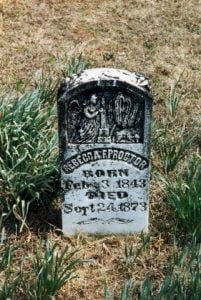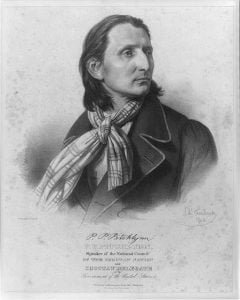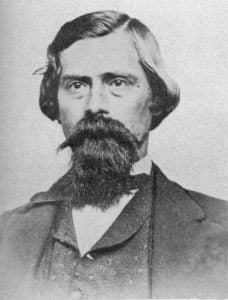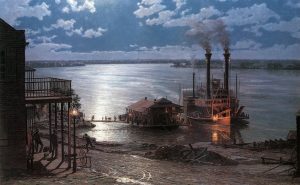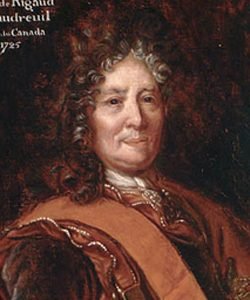Choctaw Beliefs About the Sun and Moon
To the unlettered and untutored mind of man through out the world, all things are endowed with individuality and life; from which arose, no doubt, the great number of mystic conceptions, regarding the sun, moon, stars, clouds, winds and storms, as being animate bodies, possessing life as all animate creatures. The traditions of some of the North American Indian tribes are said to state, that the sun was once caught in a snare by a great hunter, and was set free by the moles, but at the loss of their eyes from its intense light, and have ever since been … Read more

